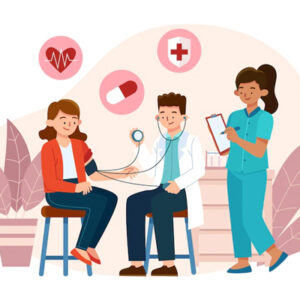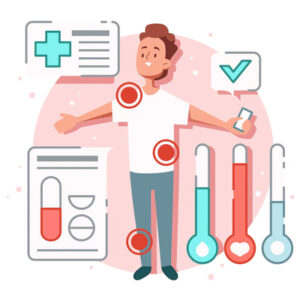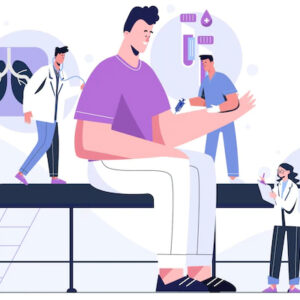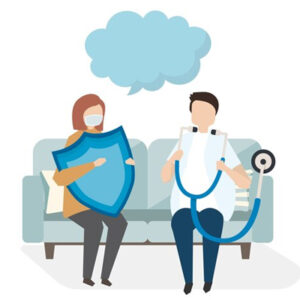- Dengue is a mosquito-borne viral disease caused by any one of four closely related dengue viruses (DENV 1, DENV 2, DENV 3, or DENV 4).
- Different severities of Dengue are Mild Dengue Fever, Dengue hemorrhagic fever, Dengue Shock Syndrome.
- Mosquitoes which carry this fatal virus are known as Aedes aegypti and Aedes Albopictus.
- Infection starts after 4 to 7 days of mosquito bite and lasts for 3 to 10 days.
- Dengue can be contagious during blood transfusions and organ transplants from infected donors.
- Dengue affects infants, young children and adults as well.
- In the World around 2.5 billion people live in areas where dengue transmission is very high.
- Dengue is very contagious and widespread in not less than 100 countries. WHO estimates more than 400 million people gets infected every year.
- Dengue is widespread all through India. Above 1lakh dengue cases and 245 death cases were reported in 2016.
- Dengue death toll reaches 58 already and its rising. 36635 dengue cases have been reported till date in 2017.
High alert on dengue all through India
What are the Symptoms of Mild Dengue Fever?
High alert on dengue all through India
- High fever
- Acute headache
- Swollen glands
- Muscle and joints pain
- Pain behind the eyes
- Skin rash
- Mild to acute nausea and vomiting
What are the Symptoms of Dengue Hemorrhagic Fever?
High alert on dengue all through India
- Bleeding from the mouth/gums and nose
- Acute pain in abdomen
- Continuous vomiting
- Bruises on the skin
- Extreme weakness and exhaustion
What are the Symptoms of Dengue Shock Syndrome?
High alert on dengue all through India
- Fast drop in blood pressure
- intense stomach pain
- Mental confusion which brings anxiety
- heavy bleeding
- regular vomiting
- blood vessels leaking fluid
- Death
Sometimes diagnosis of dengue gets delayed due to its symptoms are similar with other diseases like malaria, typhoid fever.
To confirm the diagnosis, Doctors give some tests to do like Dengue IgG & IgM, Dengue NS1, Complete Blood Count (CBC) test, Polymerase Chain Reaction (PCR) test.
Dengue IgG & IgM tests are primarily used to help diagnose a current or recent dengue infection. They detect two different classes of antibodies produced by the body in response to a dengue fever infection, IgG and IgM. Diagnosis may require a combination of these tests because the body’s immune system produces varying levels of antibodies over the course of the illness.
IgM antibodies are produced first and tests for these are most effective when performed at least 7-10 days after exposure. Levels in the blood rise for a few weeks, then gradually decrease. After a few months, IgM antibodies fall below detectable levels.
IgG antibodies are produced more slowly in response to an infection. Typically, the level rises with an acute infection, stabilizes, and then persists long-term. Individuals who have been exposed to the virus prior to the current infection maintain a level of IgG antibodies in the blood that can affect the interpretation of diagnostic results.
Only way to prevent dengue is to avoid mosquito bites. Individuals who live at high risk zone can take some preventive steps:
To prevent this epidemic disease dengue, all individuals need to unite to control the spreading of mosquitoes.
- Check and remove any form of stagnant water where mosquitoes can lay eggs. Some common places are:
- Water tank, buckets in bathroom, bottles
- Plant pots, flower vases
- Containers collecting rainwater
- Construction sites
- Dispose unused tyres
- Check drainage system from blocking
- Wear full covered clothes like full pants and full sleeves shirts with socks and hats.
- Use mosquito repellents and mosquito nets. Use insecticides to kill mosquitoes and other insects.
- Keep your surroundings clean and hygienic.
- Do not wait if the any symptoms arise cause delay can put you in more trouble.
- Stay healthy, stay happy.
-
Sale!

Executive Health Check Up
₹ 1,999.00 ADD TO CART -
Sale!

Express Health Check Up
₹ 4,699.00 ADD TO CART -
Sale!

Full Body Check Up
₹ 6,999.00 ADD TO CART -
Sale!

Master Health Check Up
₹ 2,999.00 ADD TO CART -
Sale!

Preventive Health Check Up
₹ 999.00 ADD TO CART -
Sale!

Senior Citizen Health Check Up
₹ 3,599.00 ADD TO CART -
Sale!

Smart Women Package
₹ 3,999.00 ADD TO CART
Other Health Packages:

